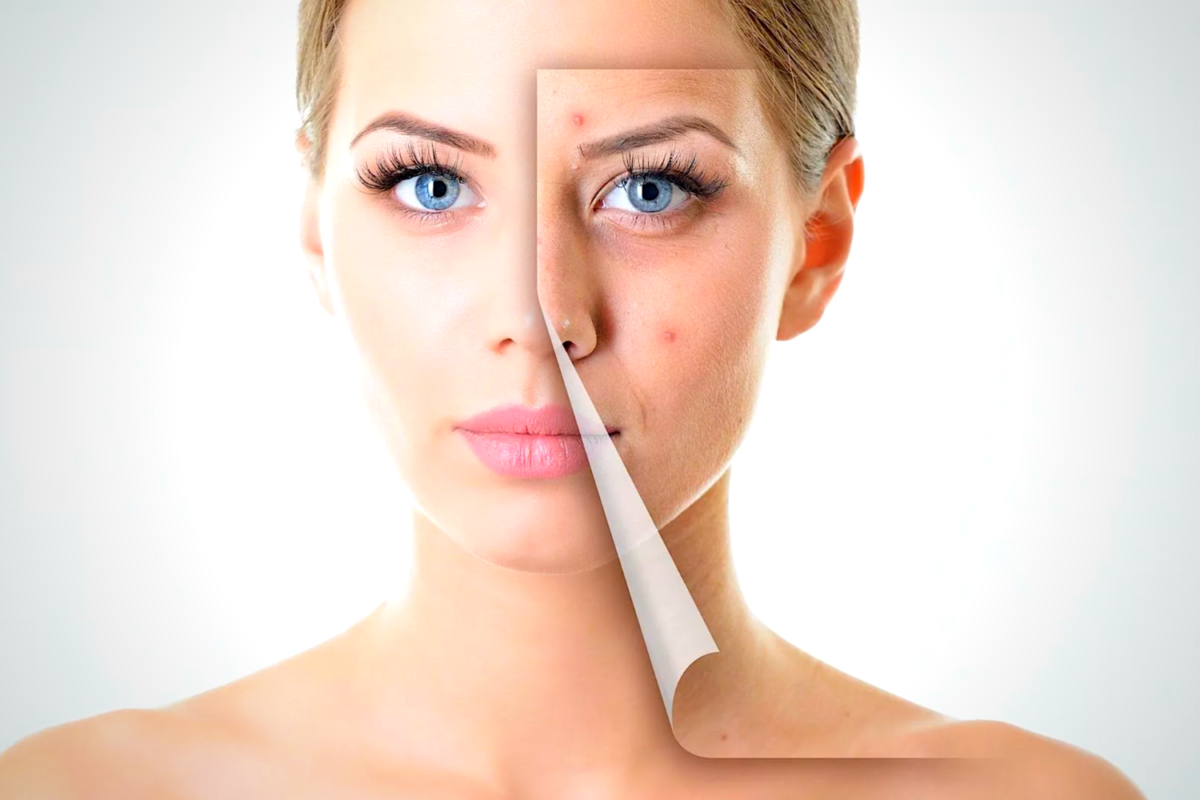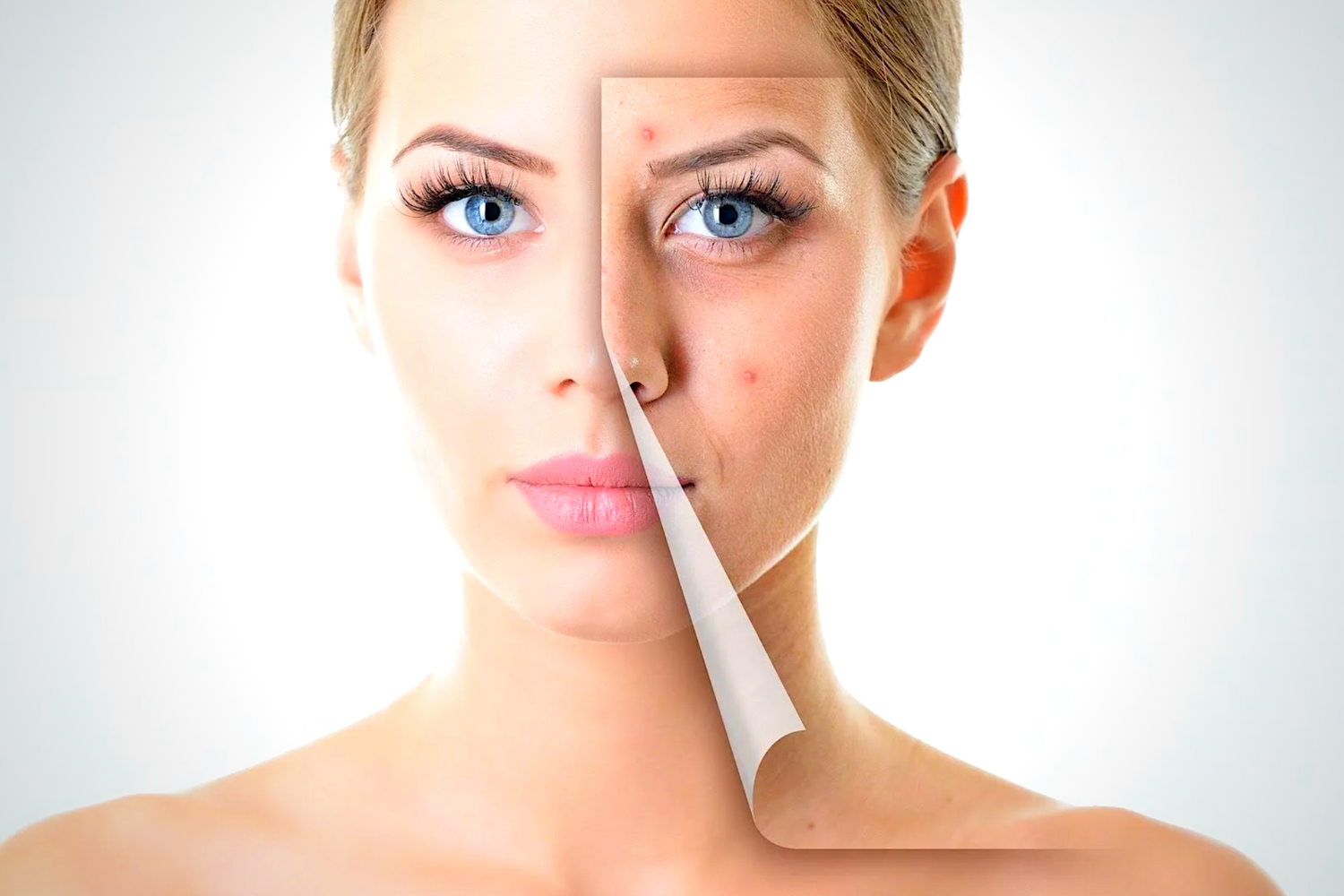
Acne & Pimples
Acne is one of the most common skin conditions, especially among teenagers and young adults. It is distressing to those affected by it.
Causes of Acne
Research has revealed four key players that act together: excess oil (sebum), clogged pores, bacteria, and inflammation. Our bodies produce sebum to prevent the skin from drying out. Sebum production increases dramatically during adolescence, and not all of the excess sebum can flow freely to the skin’s surface, so some of it clogs the skin pores. Common bacteria that live on healthy skin flourish in the excess oil, causing inflammation.
In minor cases, a ‘blackhead’ or ‘whitehead’ forms; if the blockage develops deeper within the skin, a papule (pimple) forms. A bit deeper and a pustule (pus-filled pimple) develops. Nodules and cysts, the most severe types of acne lesions, are caused by very deep inflammation. A person’s genetics, hormones, menstruation and emotional stress levels also contribute to whether they are likely to suffer with acne.
Should Know about Acne
Excessive washing and scrubbing will neither prevent nor cure acne; in fact that can irritate the skin. Gentle washing with a mild cleanser and lukewarm water helps remove excess sebum, which is crucial for controlling acne. If you have oily hair, shampooing daily will reduce the likelihood that oil from your hair will contribute to the excess.
People with acne-prone skin can use some cosmetics, but should choose oil-free products, commercially labelled as ‘non-comedogenic’ or ‘non-acnegenic’. Hair products also can be used, but shield your face during application so that the product does not get onto your skin.
It can be tempting to squeeze acne lesions to get rid of them. Dermatologists do not recommend this. It tends to make acne worse and can cause scars. In such cases, you must visit a dermatologist for acne scar treatment.
Our consultant offers many effective treatment plans. The medication in your plan may be topical (creams applied to the skin) or systemic ( or antibiotics are often used for patients whose acne has not responded to topical treatment, or whose acne covers large areas of their body), or a combination thereof. LASER and light therapy treatment are also options. Injections are occasionally used to treat large, painful acne lesions. Chemical peeling is another safe and effective treatment for quick improvement. Deeper acne lesions can cause acne scars, a disfiguring and distressing situation for patients and might have to undergo acne scar treatment.
- Category
- Cosmetology
- Starting Price
- Varies


